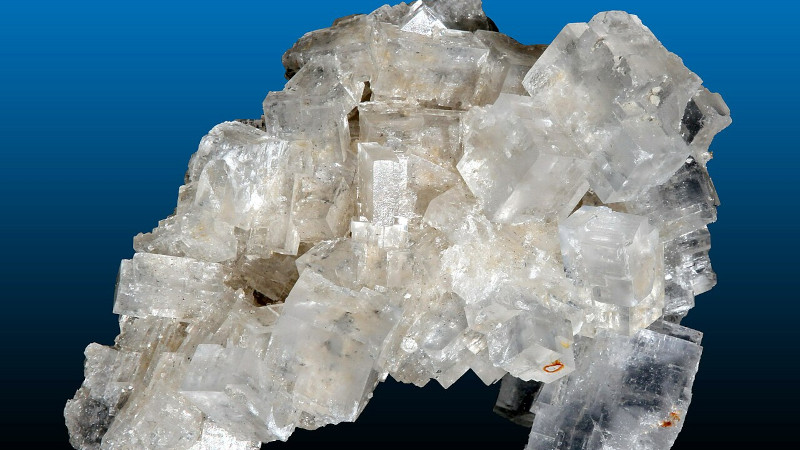
The regular refrain here when it comes to announcements of new battery chemistries hailed as potentially miraculous is that if we had a pound, dollar, or Euro for each one we’ve heard, by now we’d be millionaires. But still they keep coming, and it’s inevitable that there will one or two that break through the practicality barrier and really do deliver on their promise. Which brings us tot he story which has come our way today, the suggestion that something as simple as rock salt could triple the energy density of a lithium-ion vehicle battery. Of course, we want to know more!
The research led from Lawrence Berkeley National Laboratory started around the use of cobalt in the battery cathode, an expensive and finite resource with the added concern of being in large part a conflict mineral from the Democratic Republic of Congo. Cobalt is used in the cathodes because its oxide crystals form a stable layered structure into which the lithium ions can percolate. Alternative layered-structure metal oxides perform less well in retaining the lithium ions, making them unsuccessful substitutes. It seems that the three-dimensional structure of a rock salt crystal performs up to three times better than any layered oxide, which is where the excitement comes from.
Of course, if it were that simple we’d all be using three-times-more-powerful, half-price 18650s right now, which of course we aren’t. The challenge comes in making a rock salt cathode which both holds the lithium ions, and keeps that property reliably over the thousands of charge cycles needed for a real-world application. This one may yet be anther dollar on that metaphorical pile, but it just might give us the batteries we’ve been looking for.
Of course, when you’re looking at exciting battery chemistry, why limit yourself to lithium?
Rock Salt May Lead The Way To Better Batteries
Source: Manila Flash Report
0 Comments